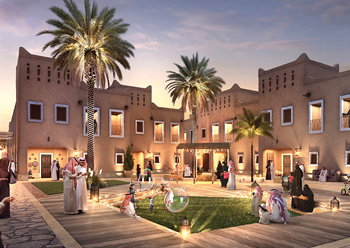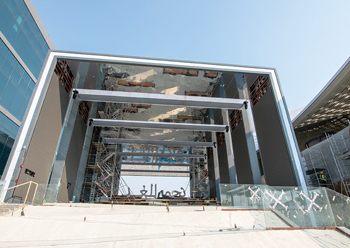
 The 15-m-high gates of the pavilion. Seen in the background is the Aravrit signboard.
The 15-m-high gates of the pavilion. Seen in the background is the Aravrit signboard.
Israeli pavilion at Expo 2020 Dubai, which is nearing completion, draws its architectural inspiration from the arid landscapes of Israel and other Middle Eastern countries.
This open space overlooking Expo Park provides a place to connect minds and find solutions to today’s human issues.
Adopting the shape of sand dunes and shaded Middle Eastern streets, the 15-m-high pavilion offers a built-up area of 1,550 sq m and is produced by AVS and designed by Knafo Klimor Architects.
These dunes, that have a surface area of 986 sq m, are framed by seven LED screen gates that are 15 m high and use 630-sq-m LED panels, creating a significant open space for people to gather, discuss and share ideas.
 |
|
The 360-degree show in the main hall. |
The dunes sit on a raft foundation, with the pavilion comprising a steel structure that was fabricated in the workshop in Dubai and assembled on-site using dry connections and multiple, approved, cladding materials for the finish. The dune floor is formed using a thin layer of concrete on top of a trapezoidal steel-panelled structure to create the dune’s unique geometry; this is then topped with sand-coloured, recycled rubber.
David Knafo, Managing Director of Knafo Kilmore Architects, says: “The Israel pavilion offers an open space, a dune surrounded by seven gates, reflecting joy and hope. The dune offers a place where the imagination can create a breakthrough for the future of our planet, its ecological diversity and the preservation of human heritage. The present climate and ecological crisis call for urgent mobilisation of global goodwill, new technologies, inventions and close partnerships, in order to create new horizons for the next generations.”
The pavilion, spearheaded by the Israeli Ministry of Foreign Affairs, uses many unique and smart elements. The LED screen wall can be used by the visitor as a game engagement with people in Israel, as well as select the live content that is presented. The LED screens will be presenting a variety of images and videos showcasing diverse and topical content, such as reducing world hunger, protecting nature, energy for everyone, water conservation and adaptation for arid countries, health technologies and cyber security. These screens are also the cladding material of the inner walls of the seven gates.
The dune level is also equipped with virtual reality binoculars, allowing visitors to experience the landscape of Israel. On top of the dune, there is a large, illuminated, 15-m-long and 5-m-high feature signboard comprising an aluminium structure with a translucent front cover and LED lighting fixtures inside. The sign is formed from letters in “Aravrit”, a font invented by the typographer Liron Lavi Turkenich. Aravit is a hybrid of two local scripts, combining Hebrew and Arabic characters. Each letter is composed of Arabic on the upper half and Hebrew on the lower half. The meaning of the sign text in both languages is the same, “Towards Tomorrow”.
In the main hall inside the pavilion, a 360-degree immersive show on 250 sq m of screen, will present Israeli innovations for a better future; and the challenges of the times in medicine and healthcare, in food production and agriculture, in communication and space and in many other critical aspects of human life.
The pavilion creates a microcosm, with a temperate microclimate achieved using shading and sprinklers. The pavilion is designed to be demolished after the expo ends and except for the concrete floor, all the construction material and elements will be recycled.
Elazar Cohen, Commissioner General of the Israel Pavilion, says: “Our pavilion reflects the Israeli spirit, which has made us who we are. We are composed of various peoples and cultures. We may walk different paths but we all share today’s same great challenges. We are looking to connect our minds and solve these challenges together.”
The Israeli pavilion echoes the urgent need to reinvent our future by sharing technology achievements, scientific invention and novel ideas for the benefit of all.







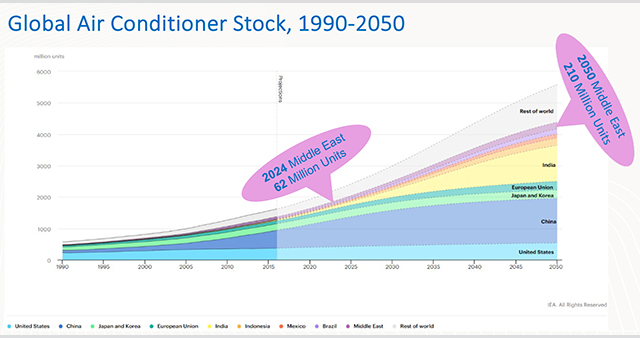






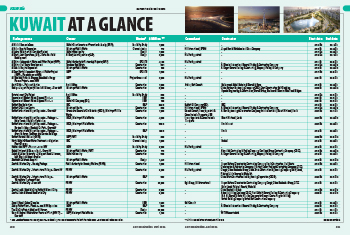






_0001.jpg)


.jpg)




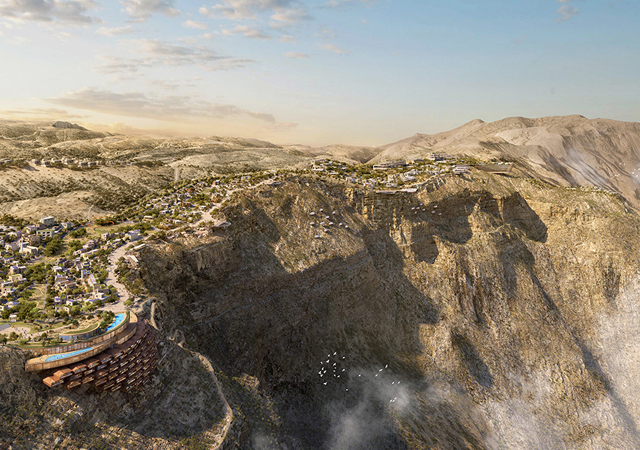











.jpg)








.jpg)




